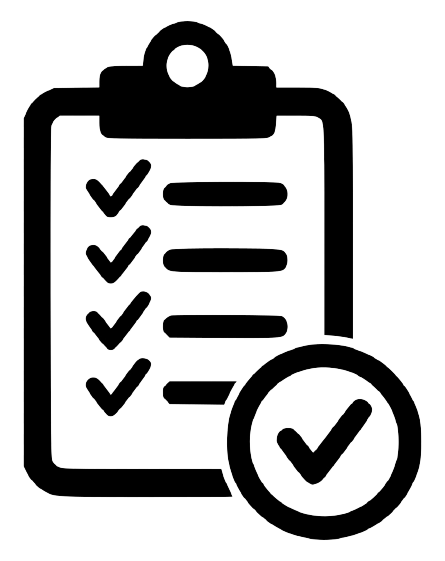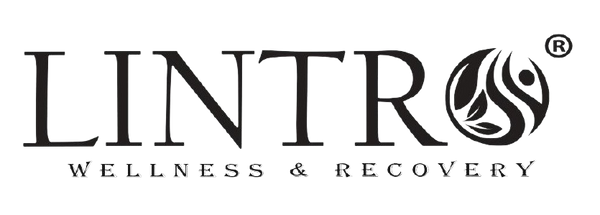Essential Oils 101 - Beginners Guide
Introduction to Aromatherapy
If you're interested in aromatherapy and essential oils or just starting and need some basic tips, this guide is for you. We aim to cover the essentials of using and selecting essential oils, offering best practices for both novice and advanced users.

Content Overview
1. What are Essential Oils? Are they similar to Fragrance Oils?
2. How are Essential Oils extracted?
3. How do I use Essential Oils?
4. How does treatment with Essential Oils work?
5. How do I choose the right Essential oil?
6. What are the benefits of Essential Oils?
7. What are the Side Effects and Safety Precautions of Essential Oils ?
8. Can I use Essential Oils if I am Hypersensitive?
9. How to Spot Impure Essential Oils ?
10. Essential Oil Myths & Facts
1. What are Essential Oils? Are they Similar to Fragrance Oils
Essential oils are concentrated liquids containing volatile aroma compounds from plants. Extracted from leaves, peels, bark, flowers, buds, and seeds, essential oils capture the essence of the plant’s fragrance and beneficial properties. Unlike synthetic fragrance oils, which may smell pleasant but lack natural benefits, essential oils offer therapeutic value. Always ensure you're buying 100% pure essential oils, not synthetic fragrance oils.
2. How are Essential Oils extracted ?
Essential oils are extracted using various methods, with steam distillation being the most common. This process involves passing steam through plant material, capturing the vapours, and condensing them back into liquids, separating the essential oil from water. Other methods include expression, absolute oil extraction, solvent extraction, resin tapping, cold pressing, and wax embedding. For detailed information on individual oils, visit our product pages

3. How do I use Essential Oils ?
Using essential oils is straightforward with a basic understanding of application methods and safety precautions. Essential oils can be:
- Inhaled: Using diffusers, inhalers, or steam inhalation.
- Applied Topically: Using diluted blends for massages, baths, or skin care.
Note: Ingesting essential oils is not recommended due to potential serious side effects. For creating your own blends, check out our blog post on 'How to blend Essential Oils' by clicking here.
4. How does treatment with Essential Oils work?
Essential oils work by absorbing aromatic molecules through nasal and skin cells. Inhalation stimulates smell receptors, sending signals to the brain’s limbic system, which controls emotions and mood. Topically, oils penetrate the skin, reaching the bloodstream and delivering their benefits throughout the body.
5. How do I choose the right Essential Oil ?
Choosing the right essential oil depends on your specific needs, such as stress relief, energy, or sleep. Consider the scent profiles (floral, minty, earthy, etc.) and your intended use (topical or non-topical). At Lintro, we simplify your selection with 12 essential oil blends and over 20 single oils tailored to common needs
Lintro's Essential Oil Blends included are:
Stress Relief Breathe Clear Mind
Good Morning Sleep Morning Yoga
Tranquil spa Relax Immune Boost
Welcome Home Energy Love Spell
6. What are the benefits of using Essential Oils?

Studies suggest essential oils can help with:
- Stress and anxiety
- Headaches and migraines
- Insomnia
- Inflammation
- Concentration
- Antimicrobial properties
- Insect deterrence
- Food preservation
- Skin imperfections
- Air purification
7.What are the side effects & safety precautions of Essential Oils?
Safety Precautions:
- External Use Only: Always dilute essential oils with a carrier oil (e.g., coconut, jojoba, olive oil) before applying to the skin.
- Patch Test: Conduct a patch test to check for allergic reactions.
- Avoid Sensitive Areas: Do not apply oils to eyes, inner nose, ears, or other sensitive areas.
- Consult a Professional: If pregnant, nursing, or having underlying health conditions, consult a healthcare professional before use.
- Child Safety: Avoid use on infants under 6 months and ensure oils are stored out of children's reach.
- Flammability and Storage: Keep oils away from flames and store them in a cool, dark place. Use within 12 months of opening.
Side Effects: Potential side effects include redness, rash, burning, low blood pressure, dizziness, headache, nausea, diarrhoea, convulsions, and rapid heartbeat. Discontinue use and seek medical advice if adverse reactions occur.
8. Can I use essential oils if I am hypersensitive?
If you are hypersensitive, consult with an allergist, trained medical doctor, or aromatherapist before using essential oils.
9. How to spot impure Essential Oils?
Average Consumer Tips:
- Check Seller Background: Ensure the supplier is legitimate with visible business and contact information.
- Verify Documentation: Look for Safety Data Sheets and Certificates of Analysis.
- Compare Prices: Significantly lower prices may indicate adulteration.
- Scent Test: Trust your sense of smell, but combine it with other methods for accuracy.
Professional Tests:
- GC/MS Testing: Analyse the chemical composition.
- Organoleptic Testing: Evaluates colour, texture, and aroma.
- Physical Testing: Measures density, optical rotation, refractive index, solubility, and freezing point.

10. Essential Oil Myths & Facts
-
MYTH: Therapeutic grade guarantees high quality. FACT: There is no standard for a therapeutic grade; it is a marketing term.
-
MYTH: 100% pure essential oils last forever. FACT: Essential oils lose potency over time due to oxidation and should be used within a year.
-
MYTH: Home tests like the water blot test ensure purity. FACT: Such tests are unreliable. Professional lab tests provide accurate results.
-
MYTH: Disliking the scent means the oil is impure. FACT: Scent alone is not a definitive indicator of purity.
Conclusion:
Essential oils are powerful tools for promoting health and well-being when used considerately and according to guidelines. Whether you are at home or on the go, you can incorporate essential oils into your daily routine to enhance your life. If you're just starting out, we recommend exploring our Starter Gift Packs to kickstart your aromatherapy journey.
If you are just starting out and ready to kickstart your Aromatherapy journey, we would recommend our Starter gift packs.
